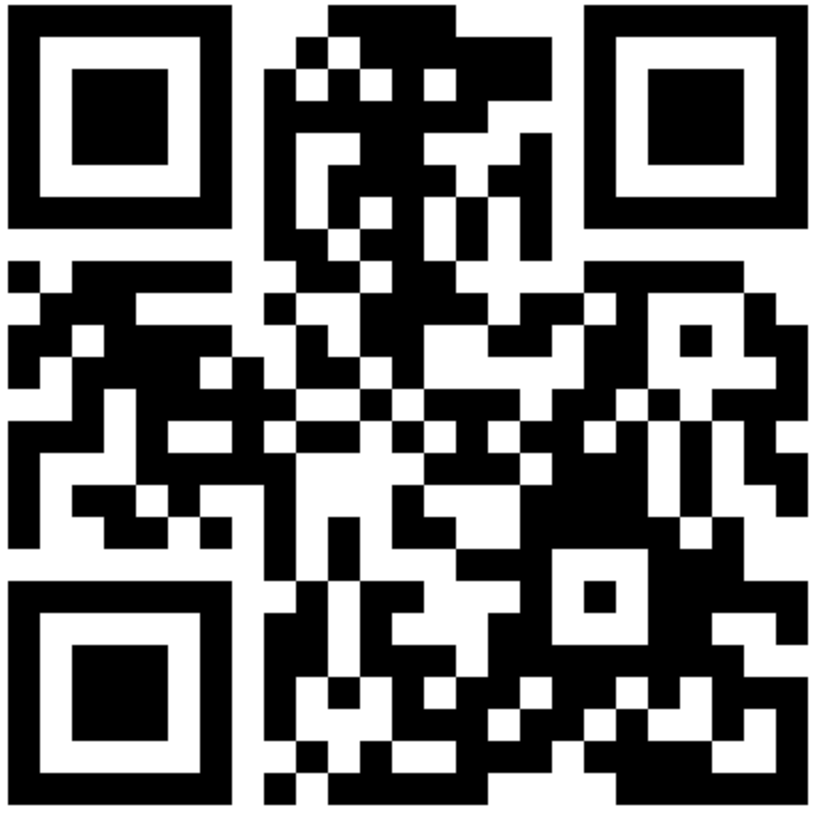we are serial idealists!
Hybrid
we
combine
fields
Space
is
our
expertise
Lab
we
innovate
ABOUT
Hybrid Space Lab addresses the interconnected challenges of today, across the issues of environment and climate change, globalisation and migration, digitisation and accelerating technological developments.
We approach the technological developments from the perspective of the designer, architect, urbanist by “inhabiting technology” – transforming technological developments to meet future needs and desires.
Hybrid Space Lab’s strategy relies on “crossover” as a method: Hybrid Space Lab transfers ideas and concepts from one field to another, breaking conventional knowledge boundaries and patterns.
With a genuinely trans-disciplinary approach, Hybrid Space Lab picks content and working methods across different practices and branches of knowledge, and combining them opens up new fields – from Networked Architecture, Soft Urbanism and Smart Citizen, multi-species habitats and NatureTecture, to Future Diplomacy and (inclusive) Hybrid Heritage with its multi-perspective, polyphonic environments.
This crossover method is becoming necessary within today’s increasing complexity. As we witness the formation of expanding and deepening discipline-specific expertizes, it becomes urgent to develop the competence to bridge these specializations.
By tracing unprecedented links across disciplines and debates and sharpening the skillset to manage and apply specialized knowledge to general questions, Hybrid Space Lab opens new paths in knowledge making. Hybridization and crossover are creative methods enabling to think challenges anew in an accelerating and complex world.
Since the end of the ‘80s – with the public introduction of Internet – we have pioneered, developing the concept of Hybrid Space, the fusion of physical space and digital networks in an urban context. With a long record of innovative research on the influence of digital media on urban space (Soft Urbanism) we have elaborated a hybrid strategy to explore the multiple interrelated dimensions of spaces, overcoming the juxtaposition of the urban and nature (NatureTecture).
Elizabeth Sikiardi
&
Frans Vogelaar
Elizabeth Sikiaridi and Frans Vogelaar are the founders of Hybrid Space Lab.
Professor Elizabeth Sikiaridi has lectured since 1997 on design in the urban landscape at the University of Duisburg-Essen and at the University of Applied Sciences and Arts Ostwestfalen-Lippe, where she initiated and heads the international master’s program “Sustainable Landscape Design and Development”.
Elizabeth was born in London and grew up in Athens. She studied architecture and urbanism at the École d’Architecture de Belleville in Paris and at the Technical University of Darmstadt (graduated with honours). She worked at the architectural office Behnisch & Partner in Stuttgart on the extension of the German Federal Bank in Frankfurt and on the German Federal Parliament in Bonn and at the Technical University Berlin.
Professor Frans Vogelaar founded, in 1998, the first Department of Hybrid Space worldwide at the Academy of Media Arts in Cologne, Germany as Professor for Hybrid Space.
Frans was born in Holland and grew up in Zimbabwe and The Netherlands. He studied industrial design at the Design Academy Eindhoven (graduation with honours) and architecture and urbanism at the Architectural Association School of Architecture (AA) in London. He worked at the architectural and design office Studio Alchymia (Alessandro Mendini) in Milan and at the Office for Metropolitan Architecture (OMA) (Rem Koolhaas) in Rotterdam.
We are Visiting Professor at the Politecnico di Milano Design School in Milan, Italy, Fly-In Professor at GUtech School of Urban Planning and Architecture in Muscat, Oman, 111 Professor at China University of Geosciences, Wuhan, China and Guest Professor at Central Academy of Fine Arts Beijing, China.
Elizabeth and Frans have lectured broadly internationally in Austria, China and Hong Kong, Czech Republic, Denmark, Germany, Greece, Finland, France, Italy, Lithuania, Latvia, Oman, Poland, Russian Federation, Singapore, South Korea, Switzerland, Spain, The Netherlands, Turkey, UK, USA.
Elizabeth and Frans have been involved in teaching at Aalborg University, ArtEZ Academy of Art & Design Arnhem, Berlin University of the Arts/UDK, Delft Technical University, Design Academy Eindhoven, Dusseldorf Academy of Fine Arts, Humboldt Viadrina University, Seoul National University, Warsaw Technical University, University of Fine Arts Hamburg amongst others.
Hybrid
Space
Lab
Hybrid Space Lab’s work has been published broadly internationally, with recent publications in prominent media such as ARA, Spain (31.0.2018 and 23.10.2019), Berliner Kurier (20.02.2016), DIE ZEIT (18.02.2016), El País Spanish edition (04.06.2019), El País English edition (06.06.2019), France TV (10.06.2019), Frankfurter Allgemeine Zeitung/FAZ (01.11.2018), Huffington Post (24.10.2019), Kathimerini, Greece (08.08.2015, 24.01.2017, 28.04.2017, 18.05.2017 and 29.06.2017), Spiegel Online (02.10.2017), Berliner Tagesspiegel (01.09.2017), Berliner Tagespiegel Edition Kunst (02.09.2016), taz – die tageszeitung, Germany (08.07.2015 and 11.06.2018) amongst others – and with more then 180 international publications in Austria, Belgium, Canada, China and Hong Kong, Czech Republic, Denmark, Germany, Greece, Finland, France, Italy, Latvia, Lithuania, Pakistan, Oman, Poland, Portugal, Russian Federation, Singapore, South Korea, Switzerland, Spain, Sweden, The Netherlands, Turkey, UK, USA.
Hybrid Space Lab’s work has been internationally exhibited at the Beijing Design Week (2013, 2015), Centre of Contemporary Art /CoCa in Torun/Poland (2011), Culture Station Seoul 284 (2013), documenta Athens (2017), Graz Biennial on Media and Architecture (1999), Hong Kong & Shenzhen Bi-City Biennale of Urbanism and Architecture (2008, 2009/2010), International Architecture Biennale Rotterdam (2003), Museum of Applied Art Cologne (2012), Stazione Leopolda in Florence (2005), Venice Biennale of Architecture (2010) amongst others.
Website
is conceptualised, designed and coded by Felix Schramm, Concept and Strategy Development, together with Christoph Wiedenmann, Full Stack Development,
at ag—prop, Berlin.

